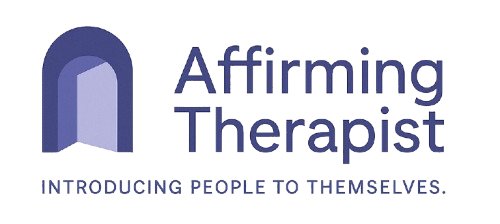Why Emotional Honesty Still Feels Unsafe
Photo by Hery Huangwei, captured on Xiaomi 13 Pro | Leica.
We live in a society where everything looks fine — but everyone’s quietly exhausted.
We talk about “safe spaces” and “mental wellness” more than ever. But how safe is it, really, to say what we feel? To speak up when we disagree, break down, or just be messy?
In classrooms, community groups, family dinners, and even therapy spaces — there’s often an unspoken pressure to be presentable, agreeable, contained.
Jungians define the persona as “a kind of mask… designed … to make a definite impression upon others, and … to conceal the true nature of the individual.”¹ It’s a survival strategy — but it raises two big questions:
What is authenticity?
And why does it still feel dangerous to be real in Singapore?
Singapore prizes order, harmony, and restraint. These are not inherently bad — they helped us survive and thrive. But they come at a cost when the deeper layers of human experience are swept under the rug.
Disagreement is often seen as disloyalty.
Pain is something to “get over” quietly.
Emotions are valid only if they don’t make others uncomfortable.
Even wellness efforts — school wellbeing campaigns, workplace resilience workshops, diversity townhalls — can become performative if they avoid honest conversations about power, shame, or difference. A “safe space” that only welcomes polite feelings isn’t really safe for the soul.
What Is Authenticity, Really?
In existentialism, authenticity is the degree to which a person's actions are congruent with their values and desires, despite external pressures to conform.²
As Brené Brown puts it: “Authenticity is a collection of choices that we have to make every day. It’s about the choice to show up and be real. The choice to be honest. The choice to let our true selves be seen.”³
But authenticity isn’t just “saying whatever you feel.” That’s impulsiveness. True authenticity is:
Self-awareness – knowing what you truly think, feel, and need.
Courage – the willingness to share it, even when it’s not popular.
Discernment – choosing when, where, and how to express it with care.
In trauma-informed therapy, authenticity is about regaining voice — especially for those who were taught to survive by staying silent. It’s about reconnecting with the parts of you that were once too inconvenient to be seen.
When “Safe” Spaces Are Too Sanitised
In therapy, I often sit with clients who say:
“I can’t say this to anyone else.”
“What if people think I’m weak?”
“I don’t want to make things awkward.”
These aren’t individual hang-ups. They are collective echoes of a society that fears disruption more than disconnection.
Many of us have internalised the idea that being emotionally honest makes us a problem — not a person in pain. Especially if we’re queer, neurodivergent, grieving, angry, or spiritually questioning.
When a space is too polished, too scripted, or too “positive,” people start self-censoring. We smile, nod, and say “noted with thanks” — even when our hearts are breaking.
As Brené Brown observes, “Because true belonging only happens when we present our authentic, imperfect selves to the world, our sense of belonging can never be greater than our level of self-acceptance.”⁴ And the cost of hiding can be steep: “If you trade your authenticity for safety, you may experience… anxiety, depression, eating disorders, addiction, rage, blame, resentment, and inexplicable grief.”³
A truly safe space isn’t necessarily comfortable. It’s one where discomfort can be held with care. Where rupture can lead to repair. Where authenticity isn’t punished, but honoured as an expensive gift.
The Promise of Emotional Honesty
When we risk being real — even just a little — something shifts.
We stop living on autopilot.
We reclaim lost parts of ourselves.
We create room for others to show up, too.
And in a society where everyone’s waiting for permission to be human, your authenticity can be a quiet act of liberation.
If you’ve been holding your breath in spaces that feel “safe” but not quite real — maybe it’s time to find a space that can hold your full self. Therapy with me isn’t about pushing you to perform vulnerability. It’s about helping you rediscover the strength and wisdom in your truth — even the messy parts.
Ready to begin that journey?
Let’s talk.
References
Jung, C.G. (1953). Two Essays on Analytical Psychology, Collected Works Vol. 7. Princeton University Press.
"Authenticity (Philosophy)." Wikipedia. https://en.wikipedia.org/wiki/Authenticity_(philosophy)
Brown, B. (2010). The Gifts of Imperfection. Hazelden.
Brown, B. (2012). Daring Greatly. Gotham Books.

